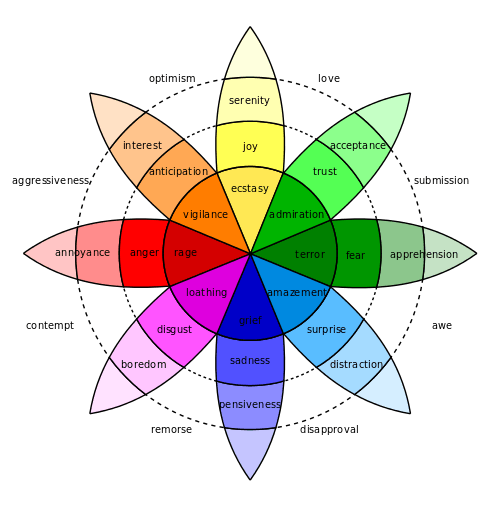Gratification

Gratification is the pleasurable emotional reaction of happiness in response to a fulfillment of a desire or goal.
Gratification, like all emotions, is a motivator of behavior and thus plays a role in the entire range of human social systems.
Instant and delayed gratification
The term instant gratification is often used to label the satisfactions gained by more impulsive behaviors: choosing now over tomorrow.[1] The skill of giving preference to long-term goals over more immediate ones is known as deferred gratification or patience, and it is usually considered a virtue, producing rewards in the long term.[2]
Walter Mischel developed the well-known marshmallow experiment to test gratification patterns in four-year-olds, offering one marshmallow now or two after a delay.[3] He discovered in long-term follow-up that the ability to resist eating the marshmallow immediately was a good predictor of success in later life.
Criticism
While one might say that those who lack the skill to delay are immature, an excess of this skill can create problems as well; i.e. an individual becomes inflexible, or unable to take pleasure in life (anhedonia) and seize opportunities for fear of adverse consequences.[4] However, it is said that individuals who seek wisdom tend to attain the fortitude to apply equal balance.
There are also circumstances, in an uncertain/negative environment, when seizing gratification is the rational approach,[5] as in wartime.[6]
Bipolar
Gratification becomes a major issue in manic-depression. One sign of the onset of depression is a spreading loss of the sense of gratification in such immediate things as friendship, jokes, conversation, food and sex.[7] Long-term gratifications seem even more meaningless.[8]
By contrast, the manic can find gratification in almost anything, even a leaf falling, for example.[9]
See also
References
- ↑ R. F. Baumeister/B. J. Bushman, Social Psychology and Human Nature (2010) p. 49
- ↑ Baumeister, p. 120
- ↑ Daniel Goleman, Emotional Intelligence (1996) p. 79-80
- ↑ Eric Berne, Sex in Human Loving (1970) p. 151
- ↑ Frank Munger, Labouring Below the Line (2007) p. 274
- ↑ James Holland, The Battle of Britain (2010) p. 735-9
- ↑ Aaron T. Beck/Brad A. Alford, Depression (2009) p. 19
- ↑ Beck, p. 28
- ↑ Beck, p. 96
External links
| Look up gratification in Wiktionary, the free dictionary. |
| Wikiquote has quotations related to: Gratification |
- "The Economics of Immediate Gratification" (PDF). - An academic paper treating gratification and self-control problems
